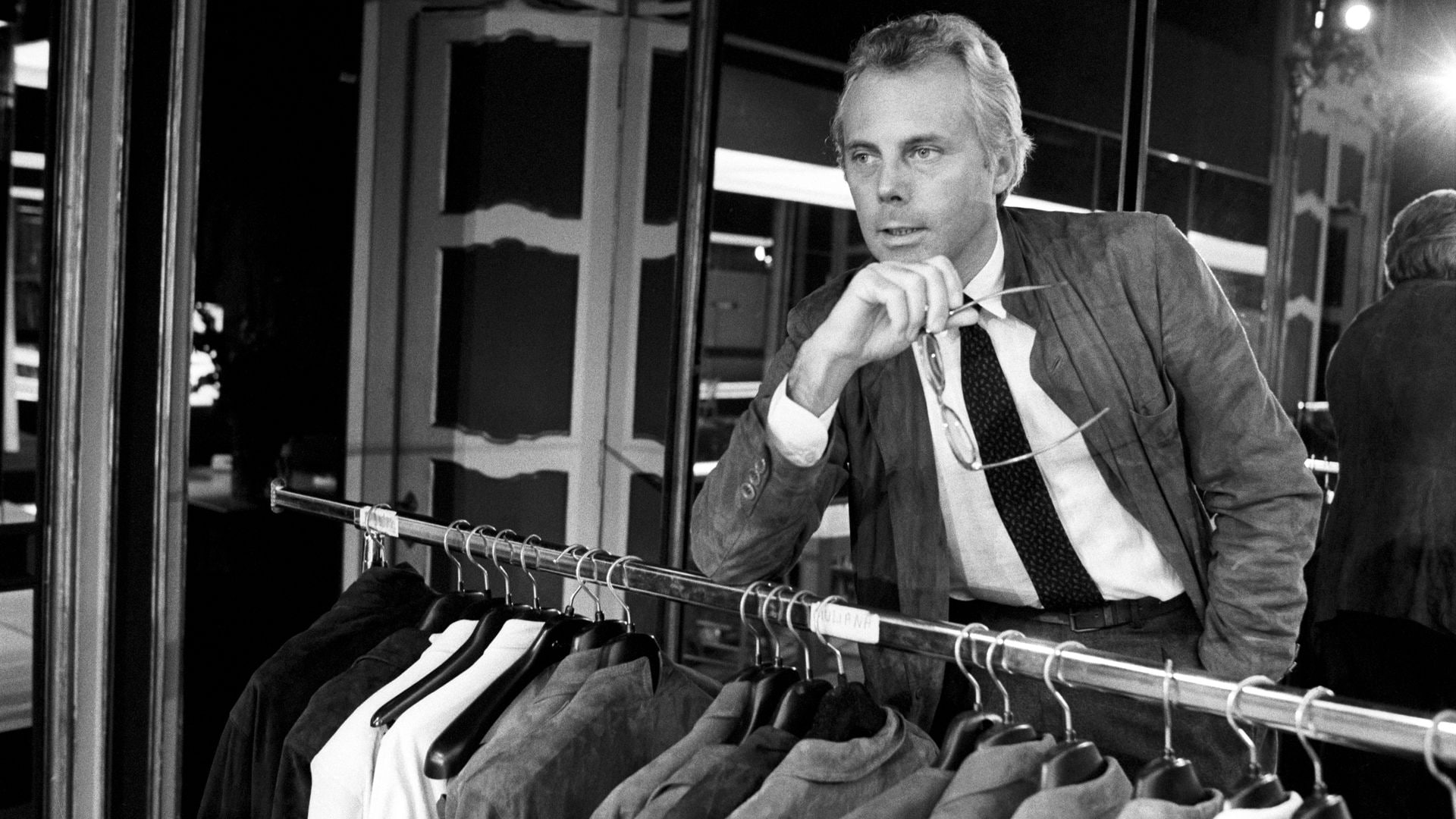Giorgio Armani, the maestro who redefined luxury with sleek tailoring and timeless elegance, left the world earlier this month at the age of 91. But even in death, the legendary designer is choreographing the future of his empire. His will, recently revealed, contains a surprising instruction to his heirs that could reshape the future of the house of Armani and even the wider luxury industry.
Armani was famous not only for minimalist sophistication on the runway but also for his iron grip on his company. As both CEO and sole shareholder, he built a business that today generates more than €2.3 billion ($2.7 billion) annually. His will, however, makes it clear that he did not want chaos or power struggles after his passing. Instead, he left behind a meticulous succession roadmap.
Armani instructs his heirs to sell a 15% stake in the fashion house within 18 months. That’s only the beginning. Between three and five years after his death, heirs must transfer an additional stake, potentially up to 70% of the company, to the same buyer. If a buyer cannot be found, an initial public offering (IPO) becomes the backup plan.
Who Could Buy Armani?
Armani’s will does not leave the choice of buyer to chance. Instead, it explicitly prioritizes a shortlist of luxury titans: LVMH, L’Oréal, and EssilorLuxottica. These names are not random; they are all giants with strong links to Armani.
LVMH, led by Bernard Arnault, already owns Dior, Louis Vuitton, and Fendi. Acquiring Armani would give the French powerhouse the Italian haute couture jewel it lacks. L’Oréal, already a licensing partner for Armani fragrances, could stretch into couture, though this would be a bold leap beyond its beauty roots. EssilorLuxottica, a titan in eyewear, sells Armani-branded glasses but has never managed a full-scale fashion house.
Analysts suggest LVMH looks the most likely candidate, given its unmatched financial firepower and experience running luxury maisons.
Protecting the Legacy
Armani, who had no children, spent years designing not just clothes but the destiny of his empire. In 2016, he even established a foundation modeled on Rolex’s structure to safeguard the brand’s identity. Alongside family members, his longtime collaborator and “right hand” Pantaleo Dell’Orco is among the heirs tasked with guiding the transition.
In interviews, Armani stressed that he wanted succession to be “organic, not a moment of rupture.” His will reflects that philosophy, featuring a staggered sale that avoids sudden shocks and ensures the brand doesn’t fall into the wrong hands.
The sale of Armani would mark one of the most significant shake-ups in the luxury world in years. With a valuation nearing €14 billion, the deal would rival some of the biggest transactions in fashion history. For heirs, the challenge will be balancing Armani’s wishes with market realities, maximizing value while protecting the aura of a brand built on discretion and discipline.
If LVMH wins, Armani could stand alongside Dior and Vuitton under the same umbrella, cementing Paris as the center of luxury power. If L’Oréal or EssilorLuxottica steps in, it could mark a bold new chapter in how fashion, beauty, and lifestyle empires are structured. And if an IPO happens, Armani would join the likes of Prada and Moncler on the stock exchange, opening the house to the scrutiny of global investors.
